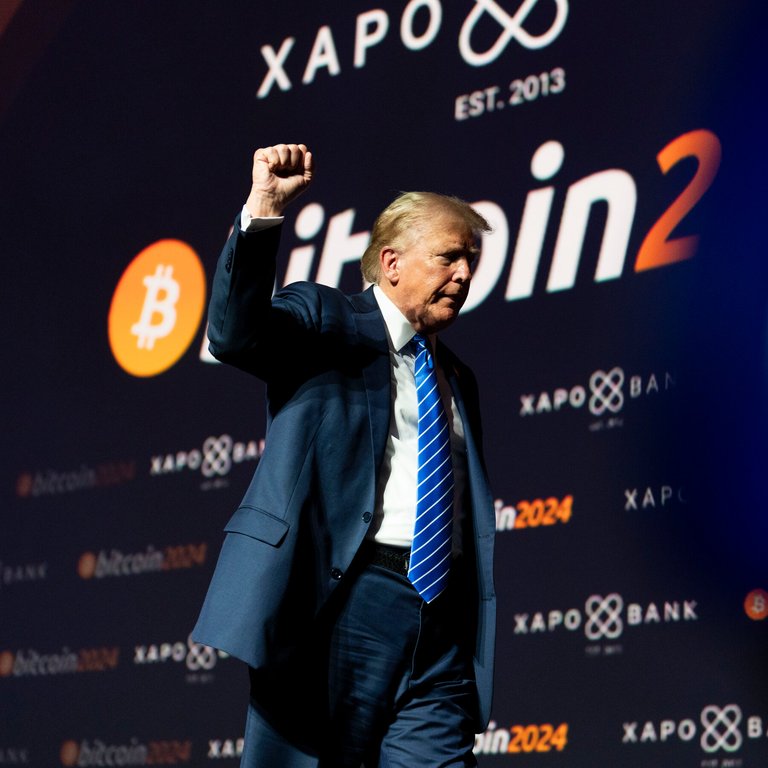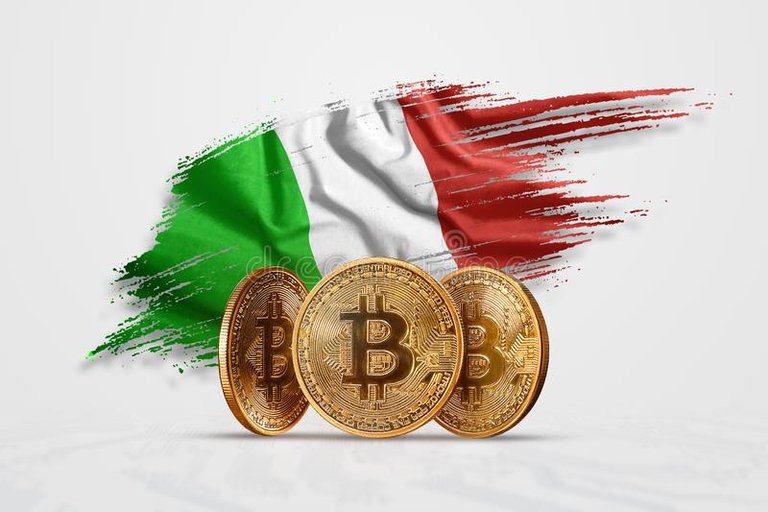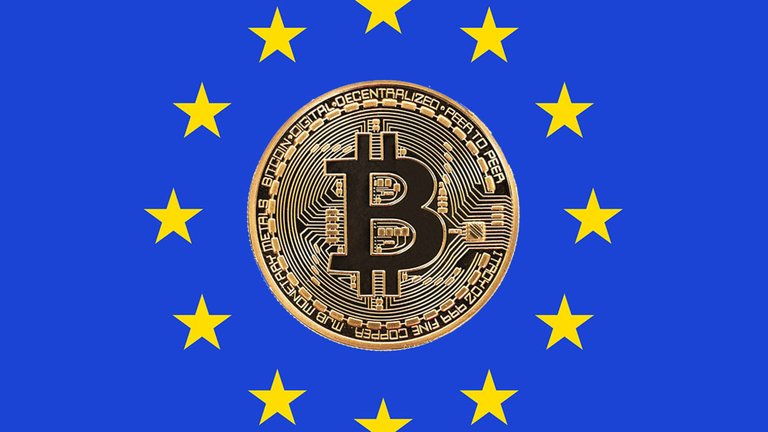
Donald Trump's position on Bitcoin could hinge on the strength of the U.S. economy and the dollar’s dominance in global markets. This perspective, shared by Ki Young Ju, CEO of CryptoQuant, highlights a recurring trend: both Bitcoin and gold tend to gain value during periods when investor confidence in the U.S. economy declines.
Under Trump, policies are likely to prioritize safeguarding the dollar’s status as a global safe haven, potentially overshadowing any efforts to encourage Bitcoin adoption. For example, during economic uncertainty, nations like South Korea continue to rely on the dollar, further entrenching its dominance.
Such a focus on dollar preservation might limit institutional adoption of Bitcoin during a Trump presidency, despite pro-crypto rhetoric during election campaigns.
However, if the U.S. economy weakens significantly, Bitcoin could emerge as a more resilient long-term store of value, offering investors a viable alternative to the dollar. This shift would position BTC as a hedge against economic instability, reinforcing its role in a diversified financial strategy.
Italy’s Fiscal Challenges Could Accelerate Bitcoin Adoption
Italy recently passed its 2025 budget, targeting a reduction in the public deficit from 3.8% to 3.3% of GDP. The plan includes measures aimed at supporting low-income groups, such as subsidies to boost purchasing power for the most vulnerable.
Despite these efforts, national debt is projected to hit a record 137.8% of GDP, driven primarily by high energy subsidy costs, which remain a critical factor in the country’s financial outlook.

With economic growth stagnating—forecasted at just 0.5% for the year—and increasing pressure from European policies to reduce the deficit below 3% of GDP by 2026, Italy faces a precarious fiscal situation. Structural challenges and tight constraints exacerbate the uncertainty surrounding the country’s economic future.
In this climate, Bitcoin could gain traction as a hedge against the volatility of fiat currencies. For Italian investors, BTC may represent not only a store of value but also a safeguard against inflation and potential currency devaluation.
As fiscal pressures mount and economic instability persists, Bitcoin adoption in Italy could expand, particularly among those seeking financial stability in uncertain times. However, the newly introduced 33% tax rate on crypto gains may pose a hurdle, tempering broader adoption.

MicroStrategy’s Bold Strategy and Institutional Confidence
MicroStrategy remains a leading advocate for Bitcoin, recently acquiring 5,200 BTC at an average price of $106,000 per coin. Rumors suggest the company is planning an additional large-scale Bitcoin purchase, further solidifying its position as a major institutional holder. Currently, MicroStrategy's reserves stand at an impressive 444,262 BTC, valued at over $41 billion.
The company’s ambitious “21/21” strategy aims to raise $42 billion to acquire more Bitcoin over the next three years. This ongoing accumulation underscores the growing role of institutional demand in driving Bitcoin prices upward.
MicroStrategy’s commitment serves as a signal to the market: institutional interest in Bitcoin remains robust, reinforcing its status as a key asset in the portfolios of forward-looking organizations. This sustained demand could catalyze significant price movements in the coming months, marking a new phase in Bitcoin's evolution as an institutional-grade asset.
Congratulations @mikezillo! You have completed the following achievement on the Hive blockchain And have been rewarded with New badge(s)
You can view your badges on your board and compare yourself to others in the Ranking
If you no longer want to receive notifications, reply to this comment with the word
STOPCheck out our last posts: